Page contents
BIMI email clients: Find out which providers support the protocol
Brand Indicators for Message Identification (BIMI) lets DMARC-compliant organizations show their verified logo next to emails, building instant trust with recipients. When used with BIMI email clients, the protocol boosts brand recognition, improves deliverability, and helps block phishing and spoofing attempts.
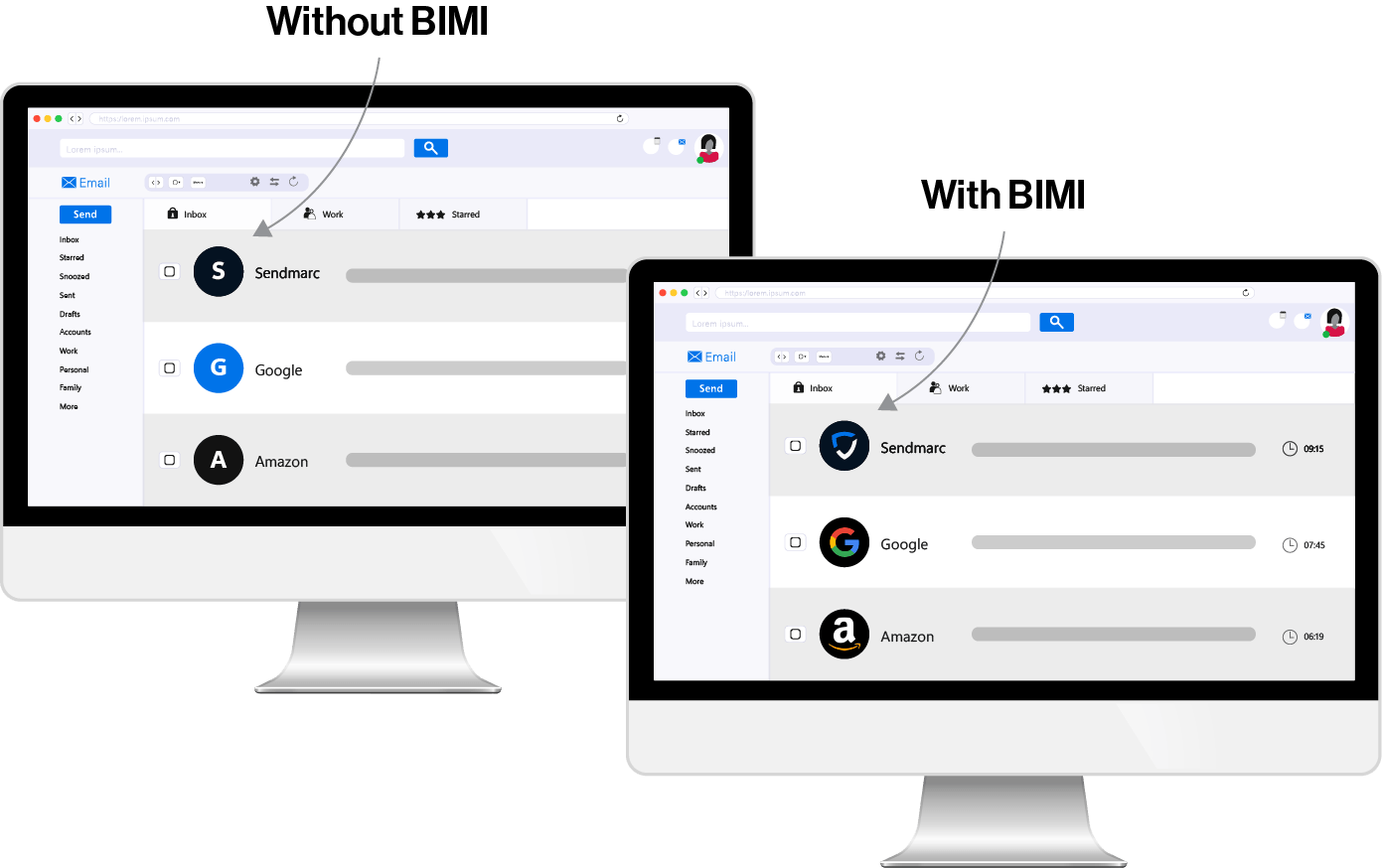
See which BIMI email clients support the standard below, or take the first step to enhancing your brand’s visibility; learn how to set up BIMI with one of our experts.
BIMI email clients
Currently, there are several major BIMI email clients that enhance branding and security for organizations.
The following platforms offer BIMI support:

Apple Mail (iCloud, macOS, & iOS 16+)
Introduced support in iOS 16 and macOS Ventura. Requires both DMARC enforcement and a Verified Mark Certificate (VMC) for logo display.

Autonomous University (AU)
Adopted the protocol to improve organizations’ email security and brand visibility.
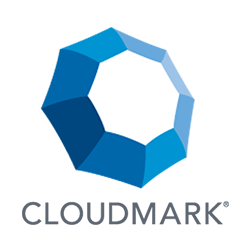
Cloudmark
Offers support, enabling brands to enhance their visibility and trust in email communications.
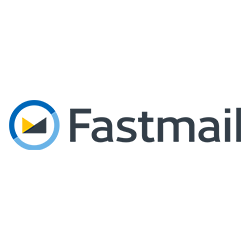
Fastmail
Requires authenticated domains for support.
DMARC enforcement is necessary; no VMC or Common Mark Certificate (CMC), which allows companies to display a logo without a checkmark, is required.

Gmail
Requires a VMC for logo and checkmark display. Gmail also supports CMCs.
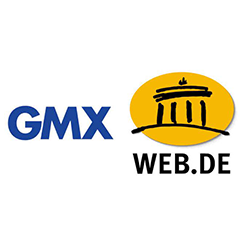
GMX & WEB.DE
Recently adopted the standard, allowing for brand visibility in inboxes.
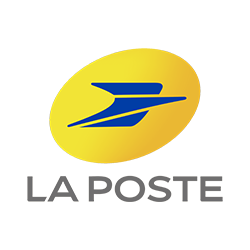
La Poste (France)
Requires standard DMARC authentication.
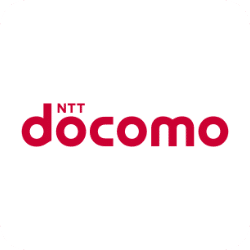
NTT Docomo
Adopted the protocol to allow brands to safeguard customers against illegitimate emails.
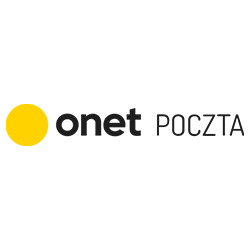
Onet
Provides support but requires email senders to be authenticated.

Yahoo Mail
Requires a properly configured record and DMARC policy; no VMC or CMC is needed for logo display.
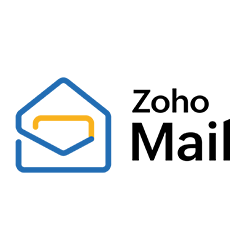
Zoho Mail
Showed support recently, allowing companies to enhance security and brand visibility.

Zone
Requires a VMC or CMC and a strict DMARC policy.

Zoner
Provides support to help enhance email verification.
Providers considering becoming BIMI email clients include:
- Atmail
- BT Mail
- Comcast
- mail.com
- Qualitia
- Seznam
- Yahoo Japan
Last updated in October 2024
Why BIMI email clients matter
BIMI email clients are helping companies strengthen security and boost brand visibility in email inboxes. The number of BIMI email clients is increasing, allowing more businesses to enhance their email marketing impact and deliverability.
Implementing the standard shows your organization’s commitment to security and brand integrity. Ensure your company’s domain meets all authentication requirements, including a DMARC policy of p=quarantine or p=reject. Decide whether to get a VMC for full logo and checkmark display or use a CMC where possible for logo display without the verified checkmark.
BIMI email clients FAQs
Which companies use BIMI?
Companies that use Brand Indicators for Message Identification (BIMI) include major global brands such as CNN, Groupon, and Aetna, among others. These businesses follow BIMI requirements to display their verified logo next to authenticated emails, helping improve brand recognition and user trust.
Where is BIMI supported?
BIMI is currently supported by major email providers such as Gmail, Yahoo Mail, Apple Mail (iOS 16 and macOS Ventura or later), and Fastmail. Support may vary by region, but adoption is growing as more providers recognize the security and branding benefits of BIMI.
Is BIMI a form of email authentication?
BIMI isn’t a standalone form of email authentication. BIMI works with existing authentication protocols like Domain-based Message Authentication, Reporting, and Conformance (DMARC), Sender Policy Framework (SPF), and DomainKeys Identified Mail (DKIM).
Regarding BIMI requirements, a domain must have a DMARC policy set to quarantine or reject.